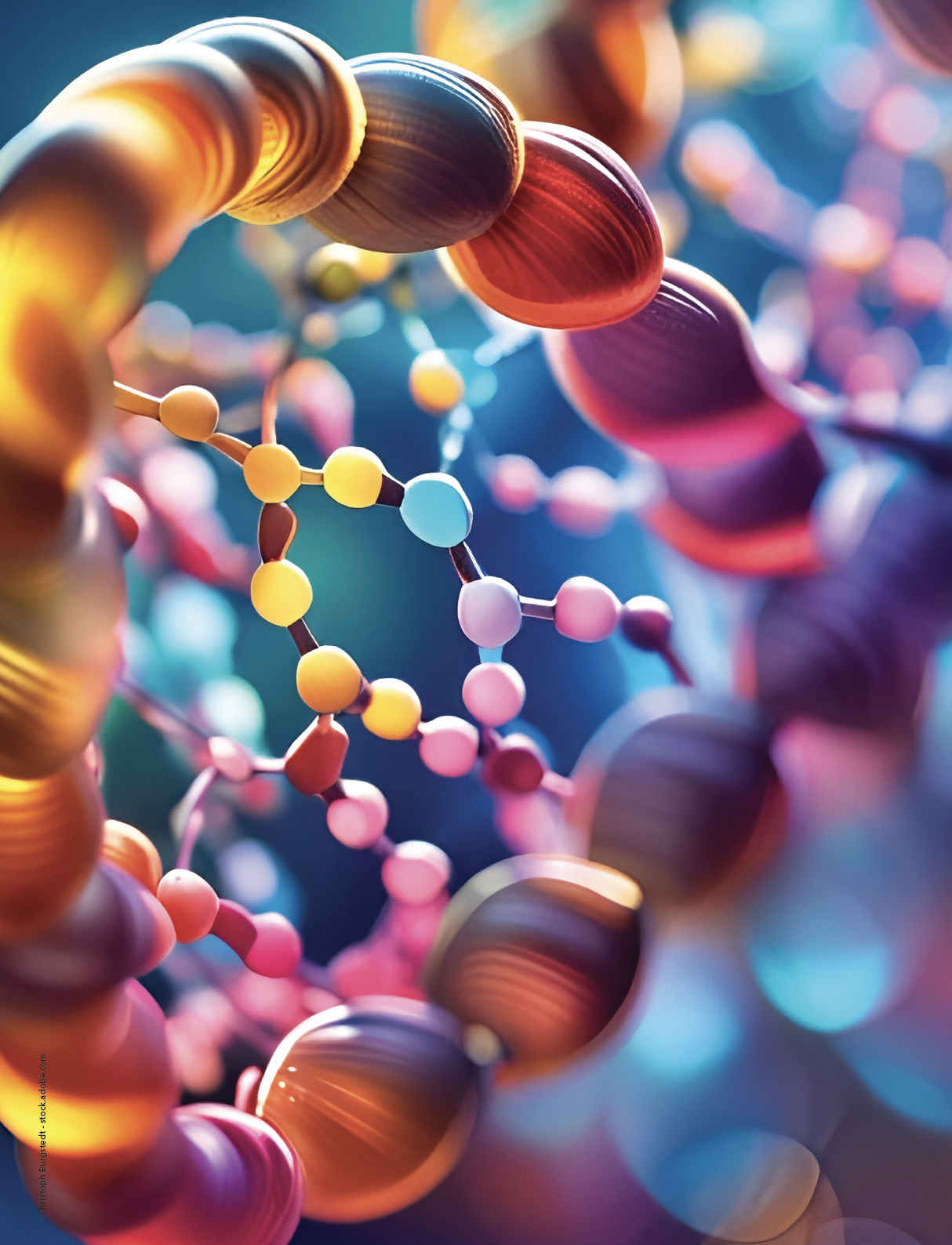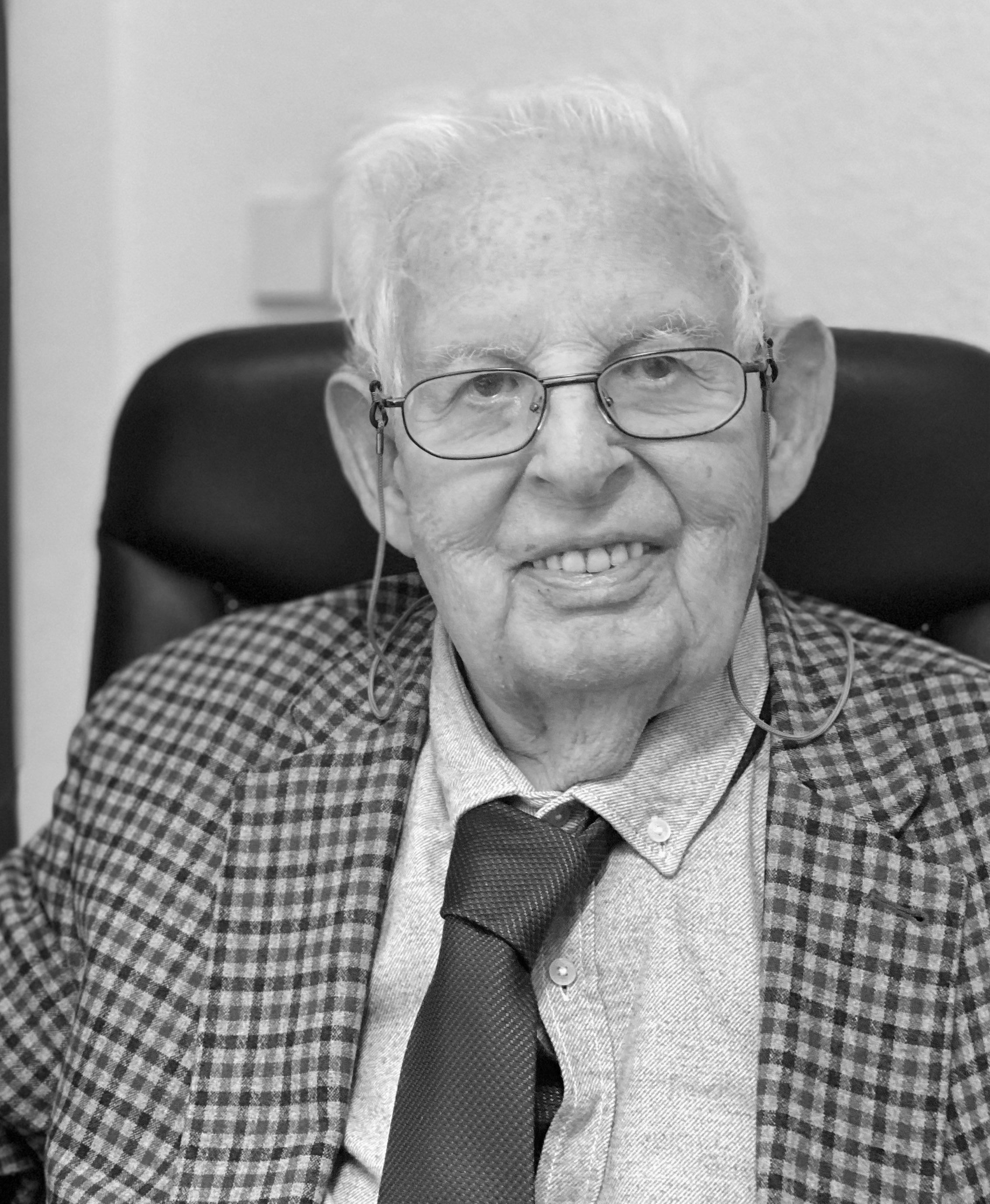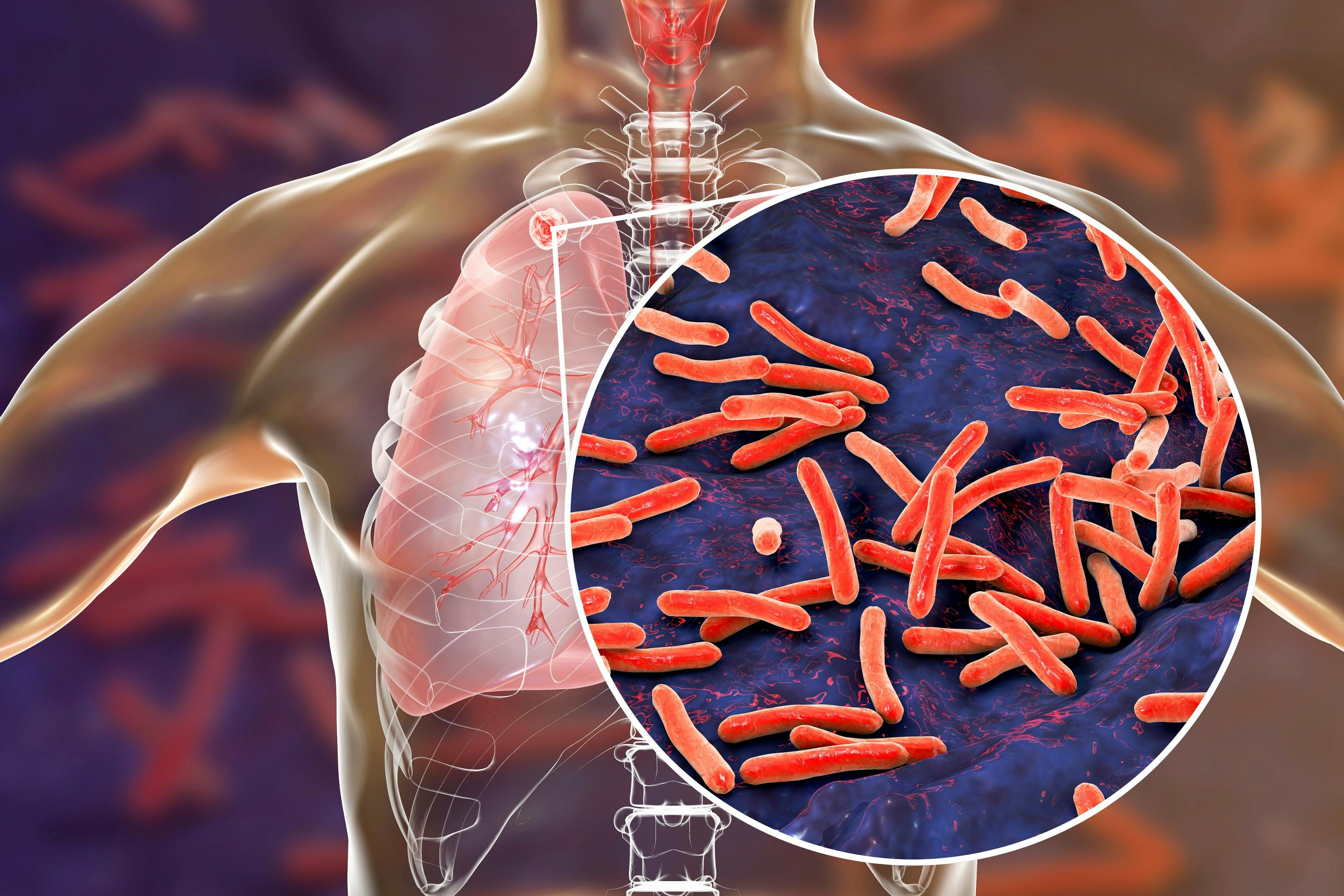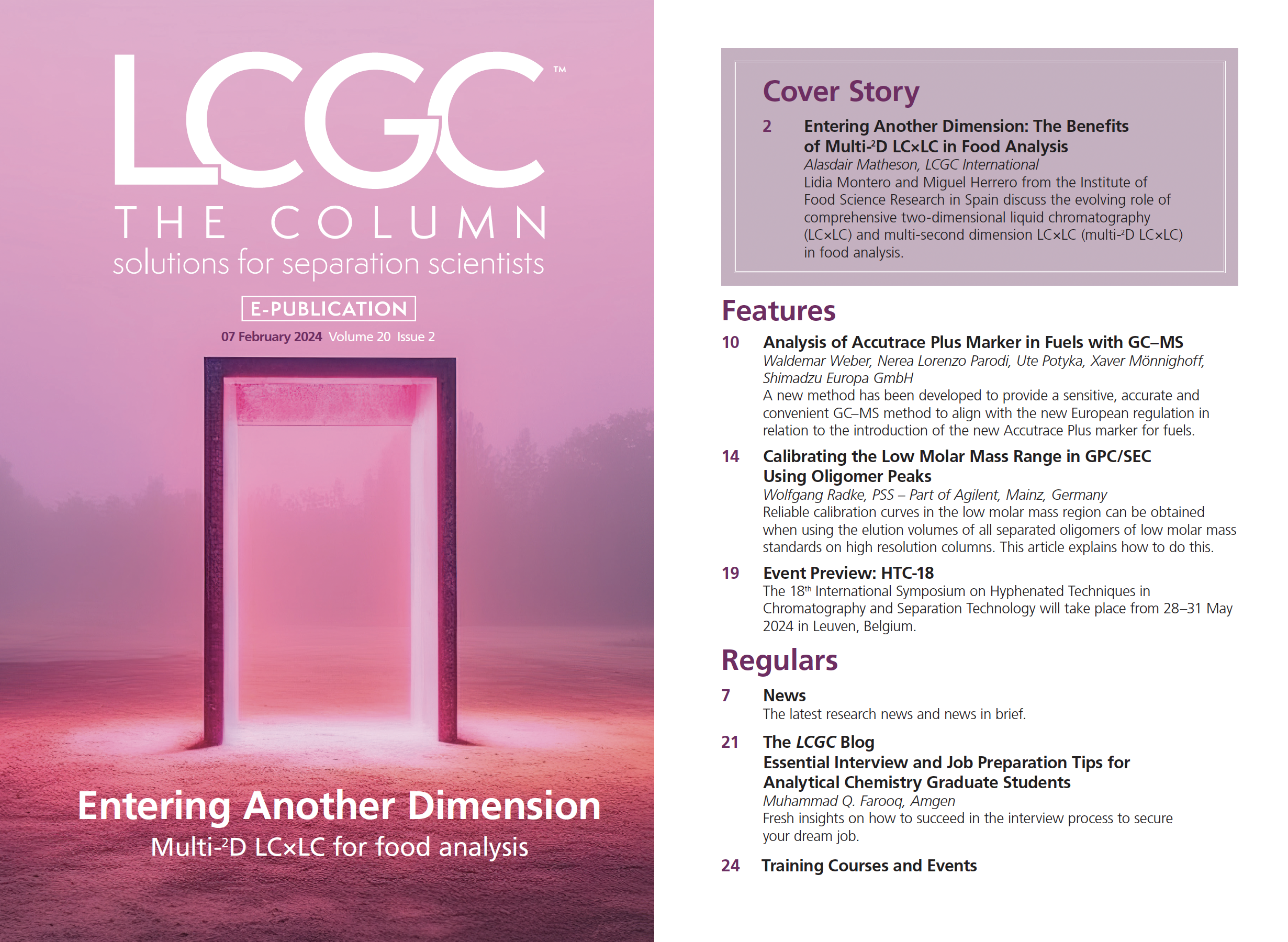LCGC International Expands News Coverage
You may have noticed over the past year the LCGC International editorial team has been writing more news on www.chromatographyonline.com. There is an important reason for this.
Scientists, particularly in academia, are facing immense pressure to publish their work. In 2016, about 1.92 million papers were indexed by Scopus and the Web of Science, according to data from Science. In 2022, that number grew to 2.82 million.
All of this has contributed to an increased demand for news coverage. Our goal is to parse through the noise and identify only the most relevant research.
How exactly are we doing this? Our staff editors are constantly reviewing the latest research, media releases, and journal articles. We’re talking to scientists and engineers, executives, and business leaders. We also have an incredibly dedicated Editorial Advisory Board and a team of phenomenal columnists.
Send an email to Caroline Hroncich, Associate Editorial Director of LCGC International at chroncich@mjhlifesciences.com and let me know what you think.
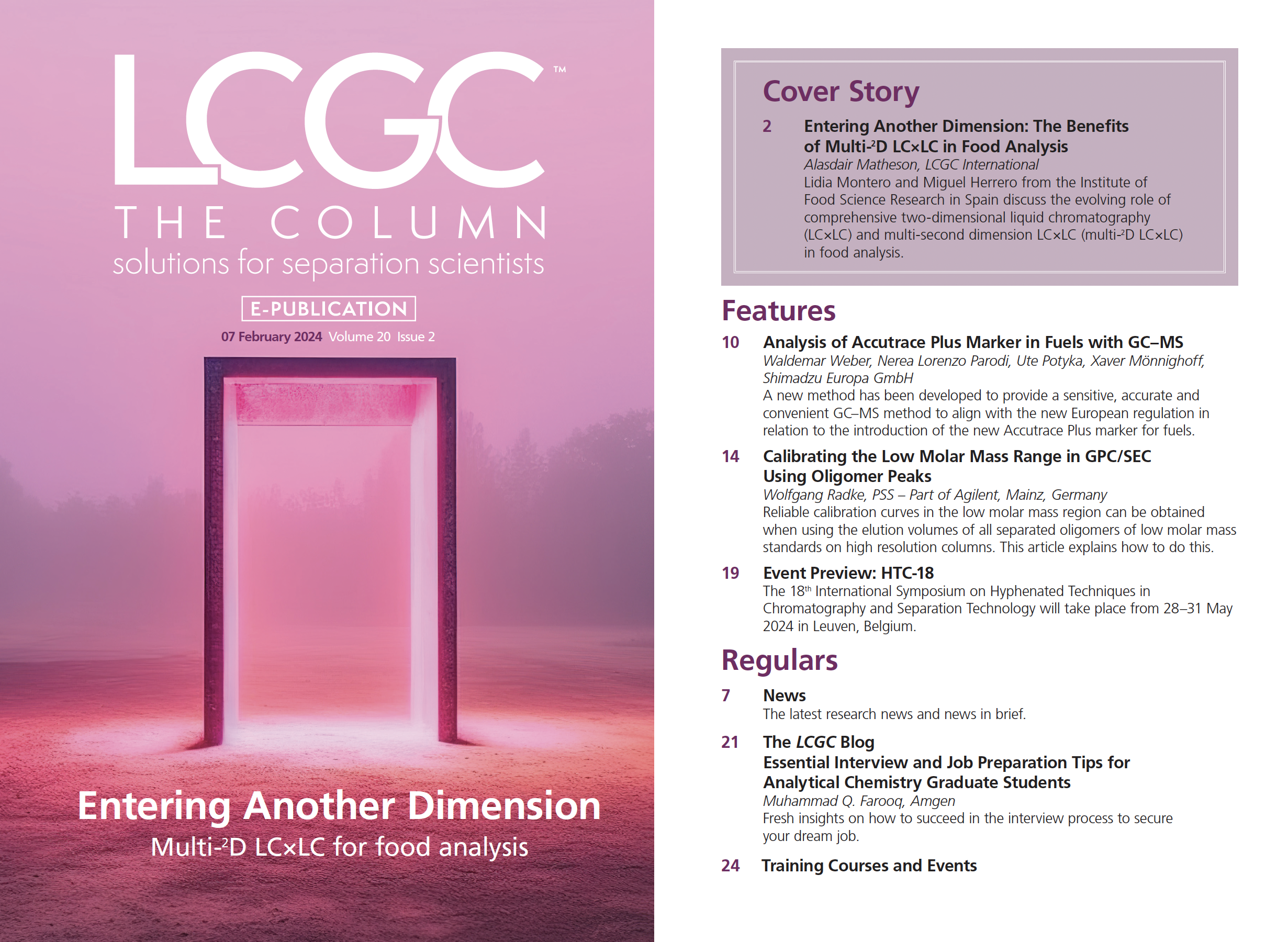
Evaluating Natural Preservatives for Meat Products with Gas and Liquid Chromatography
April 1st 2025A study in Food Science & Nutrition evaluated the antioxidant and preservative effects of Epilobium angustifolium extract on beef burgers, finding that the extract influenced physicochemical properties, color stability, and lipid oxidation, with higher concentrations showing a prooxidant effect.
Rethinking Chromatography Workflows with AI and Machine Learning
April 1st 2025Interest in applying artificial intelligence (AI) and machine learning (ML) to chromatography is greater than ever. In this article, we discuss data-related barriers to accomplishing this goal and how rethinking chromatography data systems can overcome them.
The Benefits of Custom Bonded Silica
April 1st 2025Not all chromatography resins are created equal. Off-the-shelf chromatography resins might not always meet the rigorous purification requirements of biopharmaceutical manufacturing. Custom bonded silica from Grace can address a wide range of separation challenges, leading to real performance improvements. Discover more about the latest innovations in chromatography silica from Grace, including VYDAC® and DAVISIL®.



